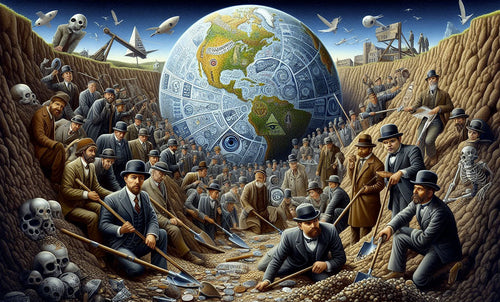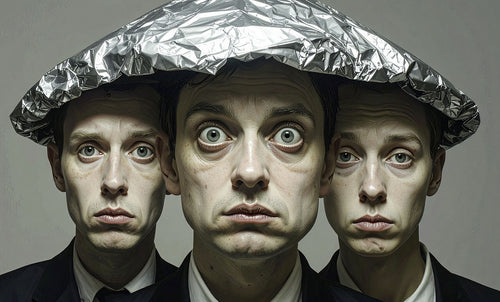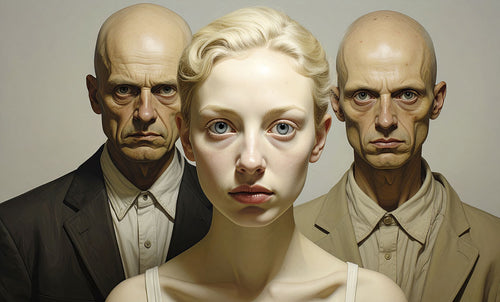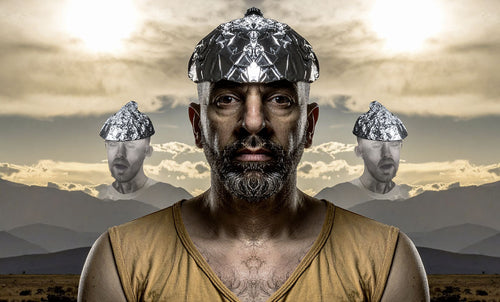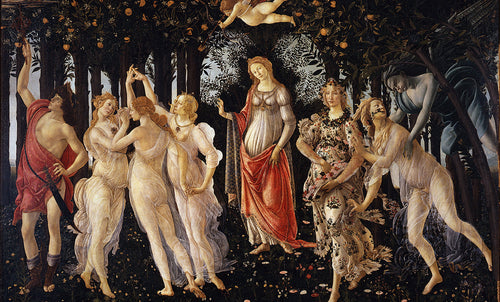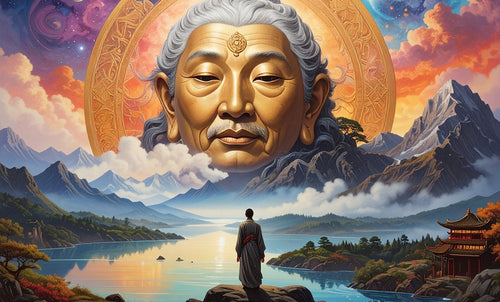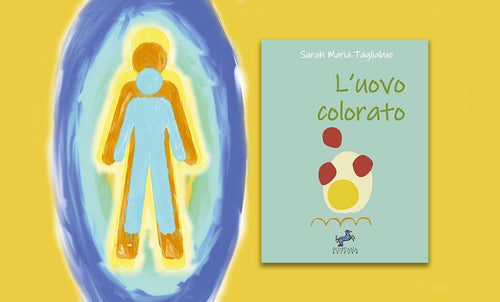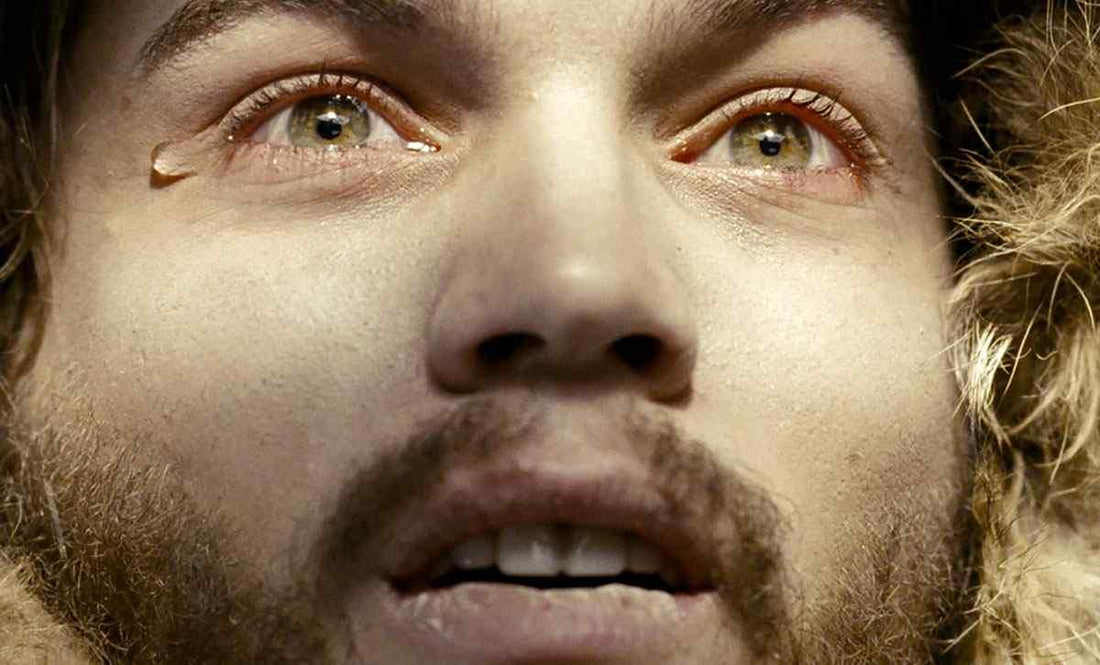
Who are you? A journey of self-discovery
Rocco FontanaThe journey of self-discovery is a long path, full of abandoned things that are no longer useful. With this semi-serious article, we will try to give - immodestly - some answers to this pressing question: Who are you?
Here are some considerations:
The conditioned reflex
To this question, some time ago I would have answered by pronouncing my own name; a conditioned reflex. Not that the proper name has no connection with who we are: Nomen omen , the Romans said, and rightly so. But we must think about the fact that past and future are two concepts that influence each other mutually and changeably, so the proper name needs time to become an expression of what we are (have become). But it does not define us entirely.
Use and abuse of adjectives and nouns (to describe myself)
I am tall, I am short; I am thin or fat; I am dark or blond; I am an entrepreneur, an employee, a worker, a doctor, a bum; I am old, young; I am brilliant, nice, arrogant, sad or complaining; I am intelligent, stupid; intellectual, ignorant; a soap opera enthusiast; I am a hater, a gullible person; a believer, an atheist, a mystic; a theologian, a libertine; I am annoying, annoyed, an annoyer; I am sick, a hypochondriac, fit as a fiddle; a lazy person, busy. I could go on forever. You see? As much as I try, trying to define myself with adjectives is not satisfactory.
Adjectives distance me from myself
I want to further complicate the discussion and I nonchalantly hook up to quantum physics, with a sprinkling of cognitive sciences. If it is true that we are the ones who influence the subject of observation and the results based on our presence (quantum physics), and it is unlikely that two people have the exact same perception of an event or a meaning, given that the experiential baggage is personal and unique (neuroscience), we understand that it is unlikely that the description I give of myself is received by the other in the exact way I intend it.
"We do not see things as they are, but we see things as we are."
Carl Gustav Jung
To define yourself you need a reference model
But I am I, compared to what? A drop of water is such if compared to something larger, for example the sea. It is a drop of water, as such, because it is a particle of the sea itself. As a single human being, what is our point of reference?
Which model should I refer to?
The greater the need to know myself, the more important the role model:
“God exists... but it's not you, relax!”
But didn't I just exaggerate?
As the dear reader will well realize, I have not answered the question in the title, except by indicating, essentially, what CANNOT satisfy the question itself.
But then?

